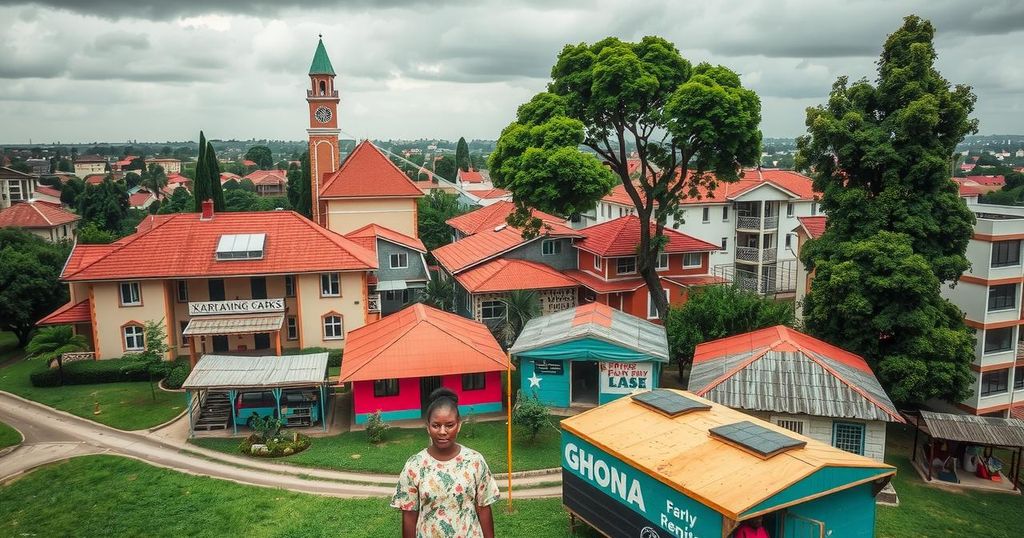Politics
ADD, AFRICA, AK, AKUFO - ADDO, BAWUMIA, BOTSWANA, CONSTITUTIONAL REFORMS, CORRUPTION, DEMOCRATIC TRANSITION, DONALD TRUMP, ELECTIONS, GALAMSEY, GOVERNANCE, JOHN MAHAMA, MAHAMA, MAHAMAD, MAHAMADU BAWUMIA, MAURITIUS, NANA AKUFO - ADDO, NATIONAL DEMOCRATIC CONGRESS, NDC, NPP, OPPOSITION, SOUTH AFRICA
Isaac Bennett
0 Comments
Ghana’s Political Shift: John Mahama’s Return as a Symbol of Change
Ghana has elected John Mahama of the NDC as president, marking a shift after years of NPP governance. This election reflects a broader trend of opposition victories in various countries. Citizens expressed discontent with the ruling party over high inflation and corruption, ultimately leading to Mahama’s decisive win. The election results signify a critical moment in Ghana’s political landscape, emphasizing the demand for change and governance accountability.
Ghana has witnessed a political shift following the Dec. 7 elections, where former President John Mahama, of the opposition National Democratic Congress (NDC), reclaimed the presidency. This victory marks a significant political development, particularly for the NDC, which has oscillated in power dynamics with the ruling New Patriotic Party (NPP). Mahama’s electoral success, achieved despite prior defeats to outgoing President Nana Akufo-Addo, highlights a broader global trend of opposition victories, especially across African nations experiencing shifts in power. Following eight years of NPP governance, characterized by economic challenges and governance issues, Mahama’s win signals a rejection of the incumbent’s policies related to escalating inflation and corruption allegations, reshaping Ghana’s political narrative.
The political landscape in Ghana reflects broader trends seen across Africa, where 2021 has been identified as a notable year for elections, with several countries experiencing shifts in governance. The return of John Mahama resonates with similar experiences seen in other nations, where citizens have opted for change due to dissatisfaction with ruling parties. This evolution indicates a growing sentiment among voters toward accountability and responsiveness in governance, emphasizing the significance of political engagement in the region.
In conclusion, John Mahama’s return to power represents not only a pivotal moment for Ghana but also aligns with the global wave of anti-incumbent sentiment observed in recent elections. The NPP’s struggles highlight the importance of addressing voter concerns regarding economic and social issues, suggesting a mandate for the new administration to prioritize the needs of the populace. As Ghana navigates this transition, it will be essential to monitor how these shifts influence governance and public trust in political institutions.
Original Source: www.worldpoliticsreview.com




Post Comment